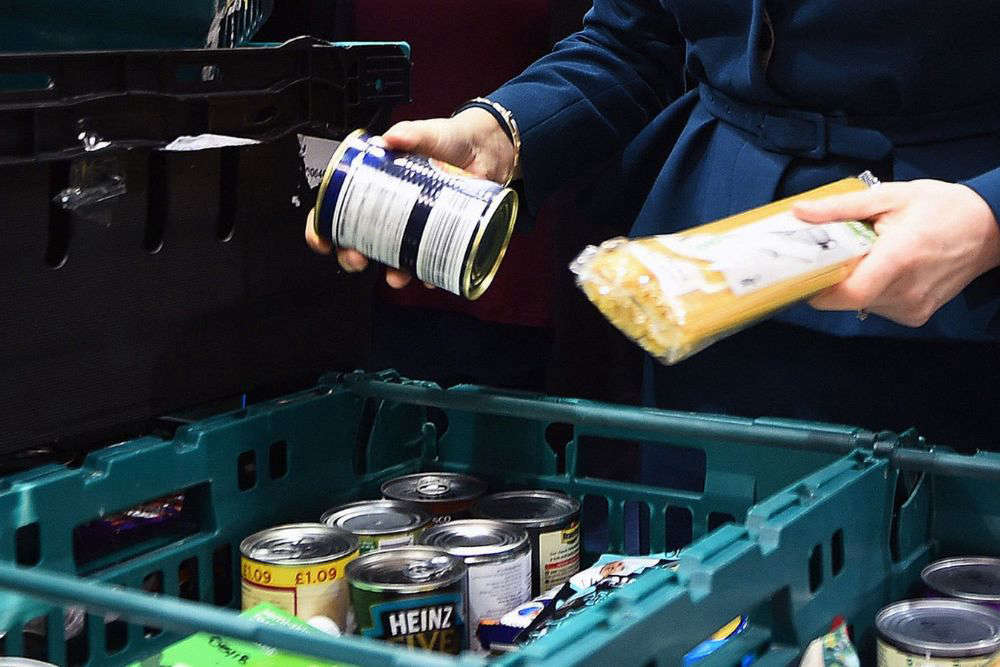
37% of Jersey's third sector organisations have less than three months of financial reserves.
This is according to a new report by PWC, commissioned by the Jersey Community Foundation, which takes a deeper look at the island's charities, volunteer groups and social enterprises.
It noted that the charities identified as having no more than three months of extra finances 'indicate vulnerability'.
Looking to the future, it said that 'with over 50% of third sector organisations only having free reserves to cover up to six months at most, short-term funding issues could quickly become problematic'.
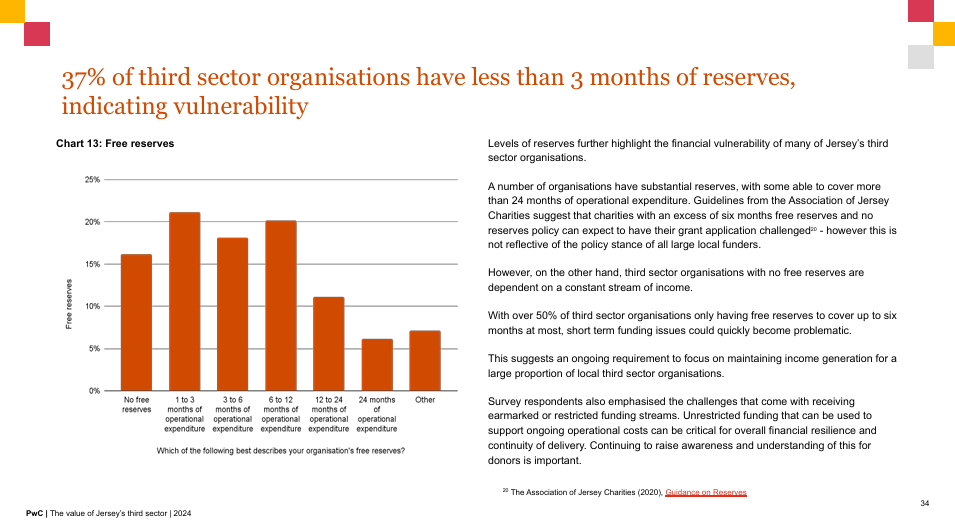
It also revealed that the third sector contributes at least £230 million in economic value to Jersey.
James Linder, Senior Manager at PWC Channel Islands, tells us how the number was calculated:
"The economic contribution to islanders is made up of a number of factors including things like the value of volunteering as well as the salaries of people employed in the sector.
"In total, I think there's about 3400 islanders who employed in the sector which is the equivalent of around 2300 full time jobs."
The deep-dive report into also gave more of an insight into what the sector looks like.
It compromises at least 775 organisations, with 5800 islanders actively volunteering on a regular basis.
Jersey's third sector is funded by diverse income sources, with donations accounting for 19% of its finances, grants 17% and legacies 5%.
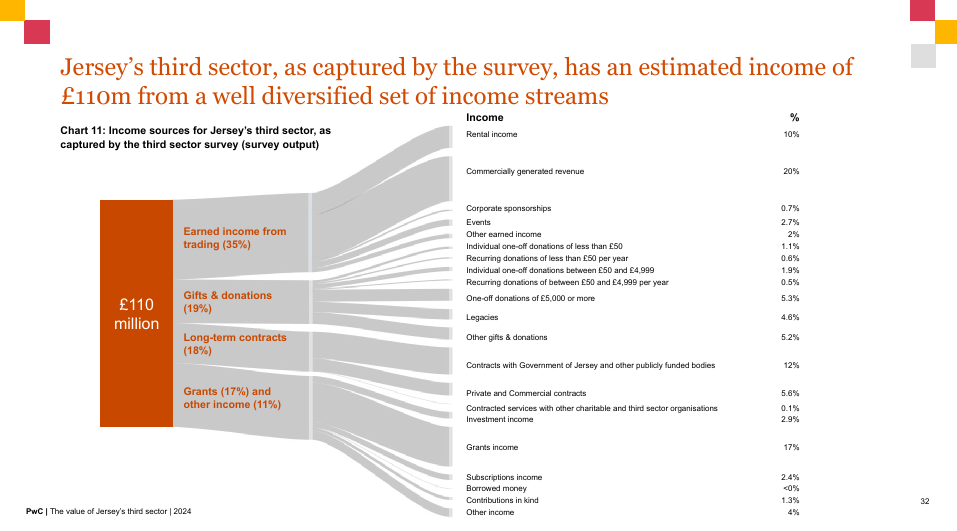
James Linder says that the sector is often undervalued:
"There's a feeling amongst a lot of third sector organisations, so charities, non-profit organisations and informal voluntary groups that the contribution they make to the island isn't fully recognised.
"That's partly because its often spoken about in isolation but not as a sector in its own right.
"One of the purposes behind this work is starting to talk about the third sector as a sector in the same way we would talk about the financial sector or construction and other sectors of the economy."


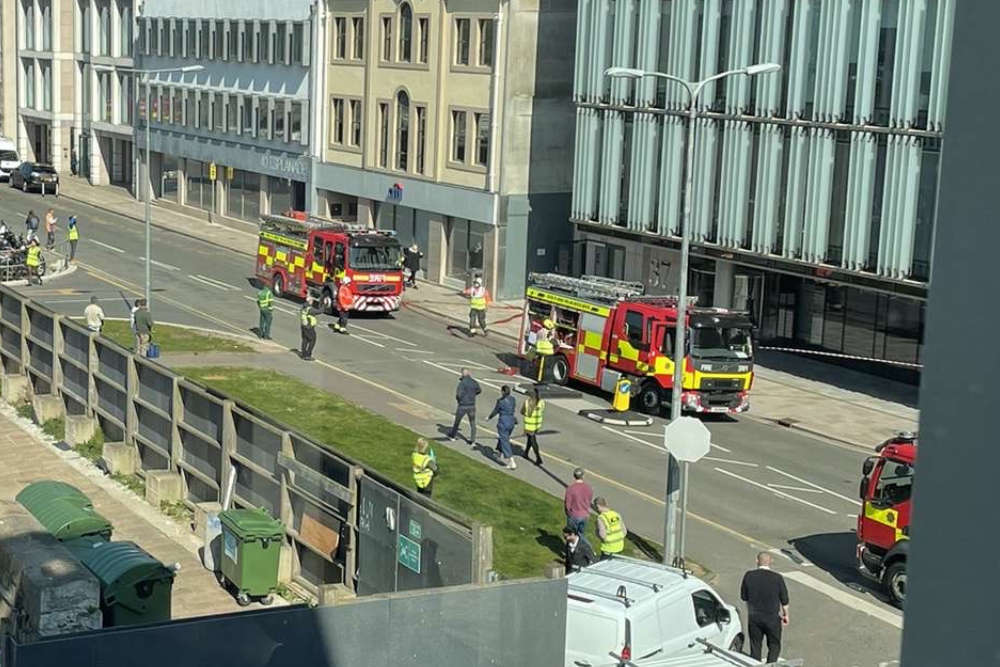 Two islanders trapped in a lift rescued from sixth-floor fire on the Esplanade
Two islanders trapped in a lift rescued from sixth-floor fire on the Esplanade
 Rooftop bar, climbing wall and concert hall in £110m Fort Regent plans
Rooftop bar, climbing wall and concert hall in £110m Fort Regent plans
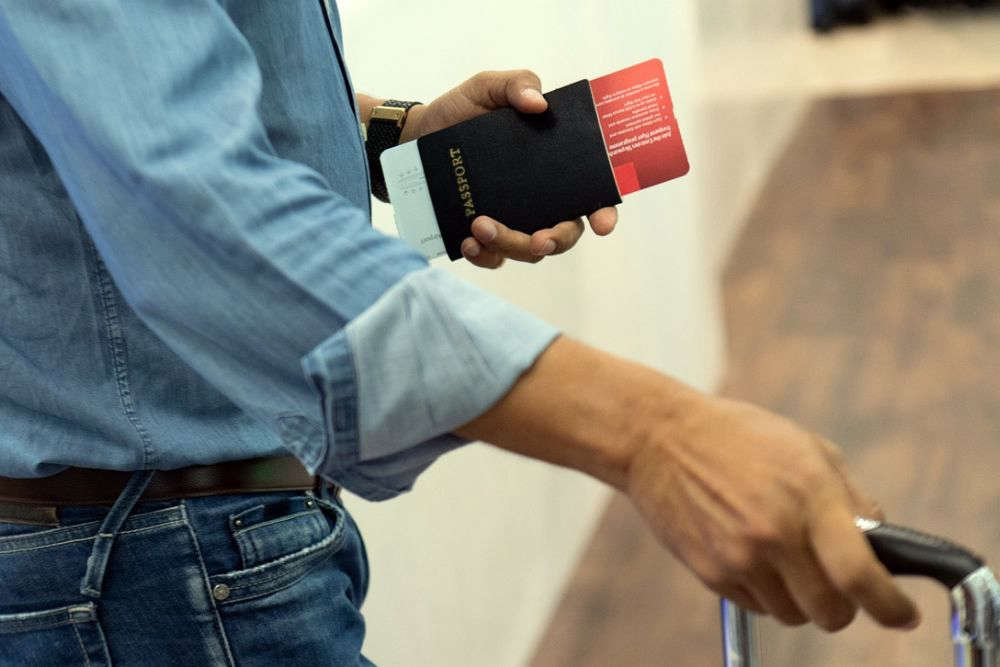 European visitors now need permit for UK entry
European visitors now need permit for UK entry
 Islanders can catch some winter sun with direct flights from Jersey to Tenerife
Islanders can catch some winter sun with direct flights from Jersey to Tenerife
 Islands share De Putron Challenge glory
Islands share De Putron Challenge glory
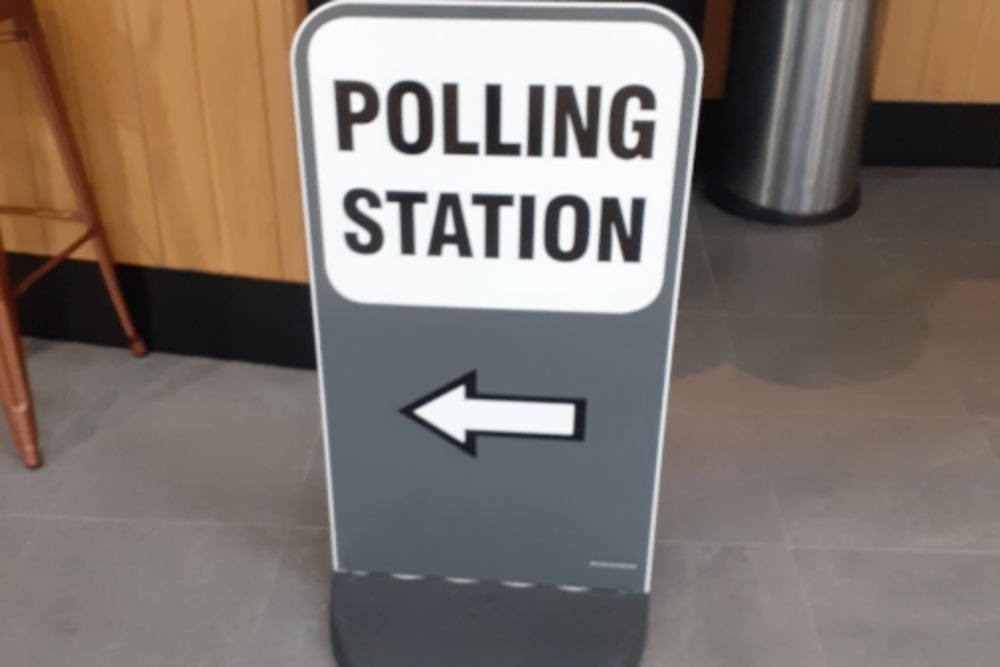 Jersey's next general election will be held on a Sunday
Jersey's next general election will be held on a Sunday
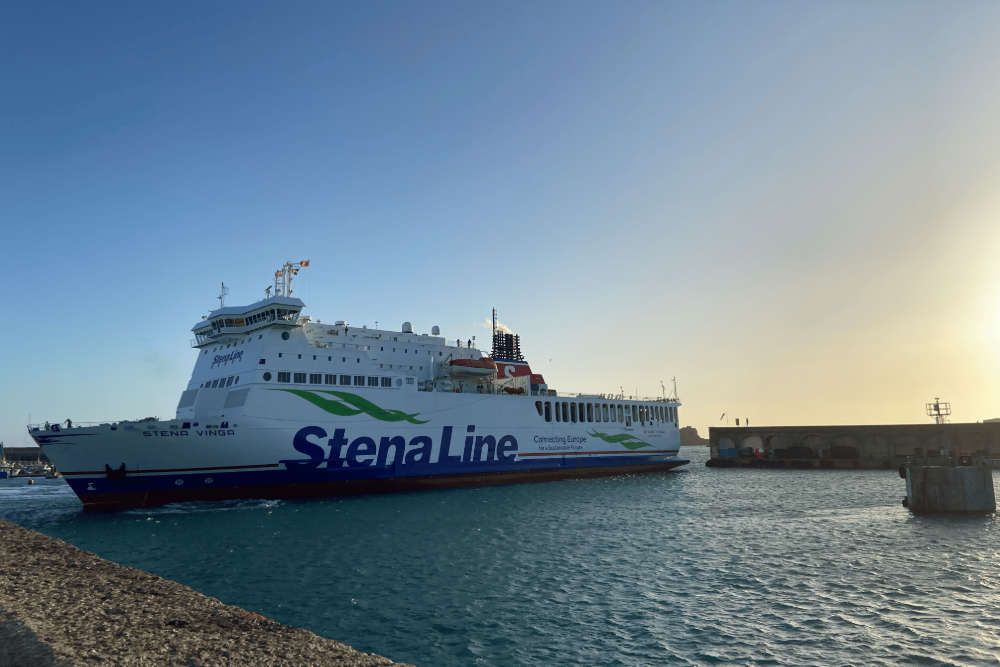 More schedule changes for Jersey to St Malo ferries
More schedule changes for Jersey to St Malo ferries
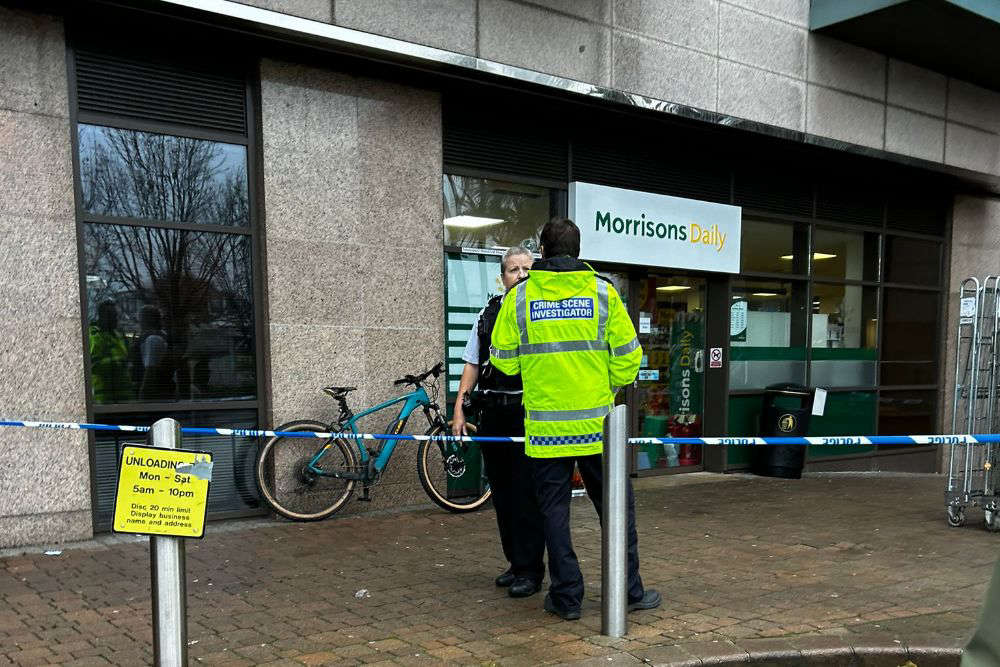 Indefinite treatment order for man who stabbed shop manager
Indefinite treatment order for man who stabbed shop manager

